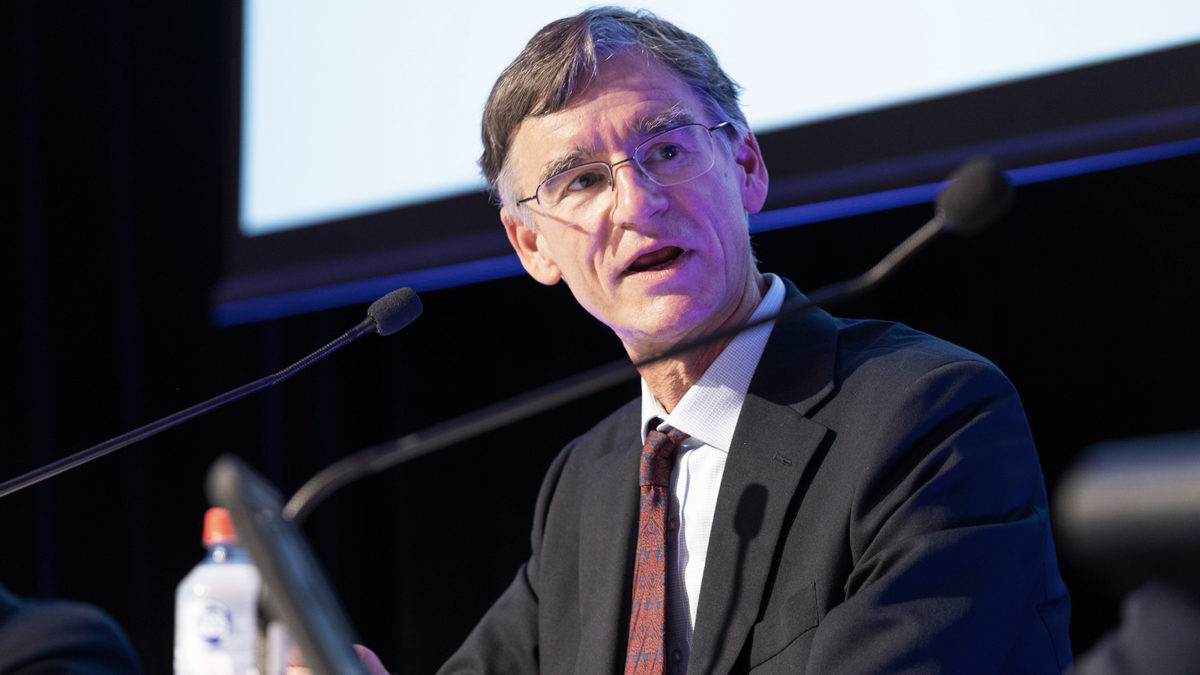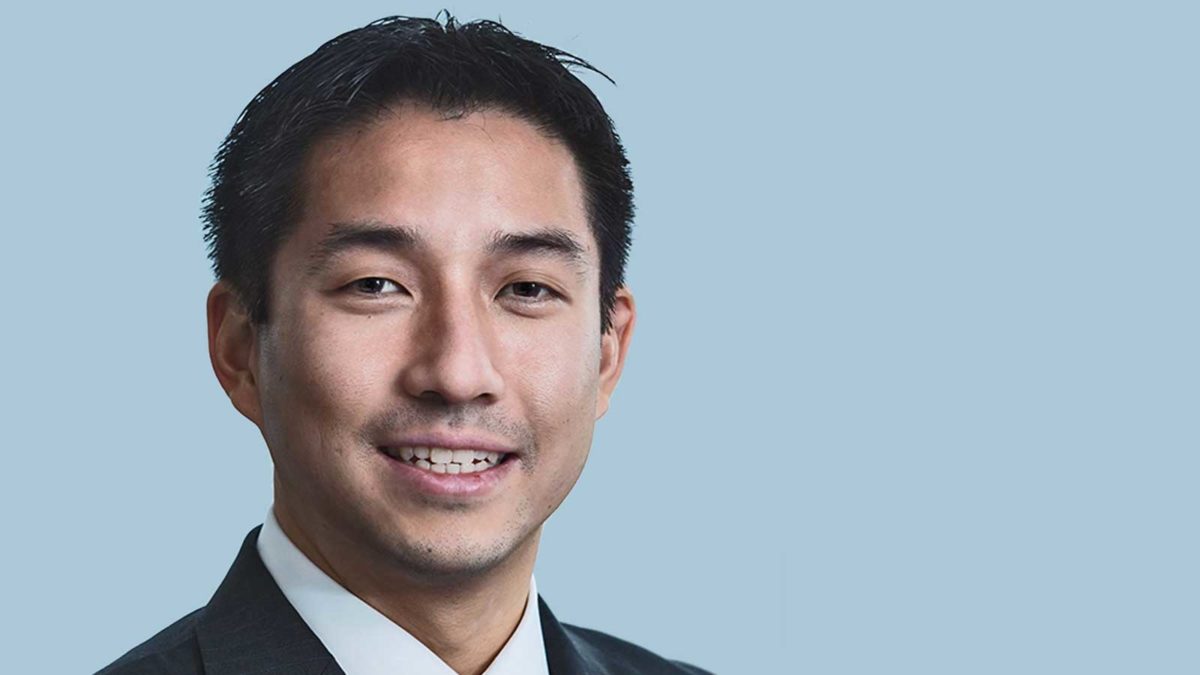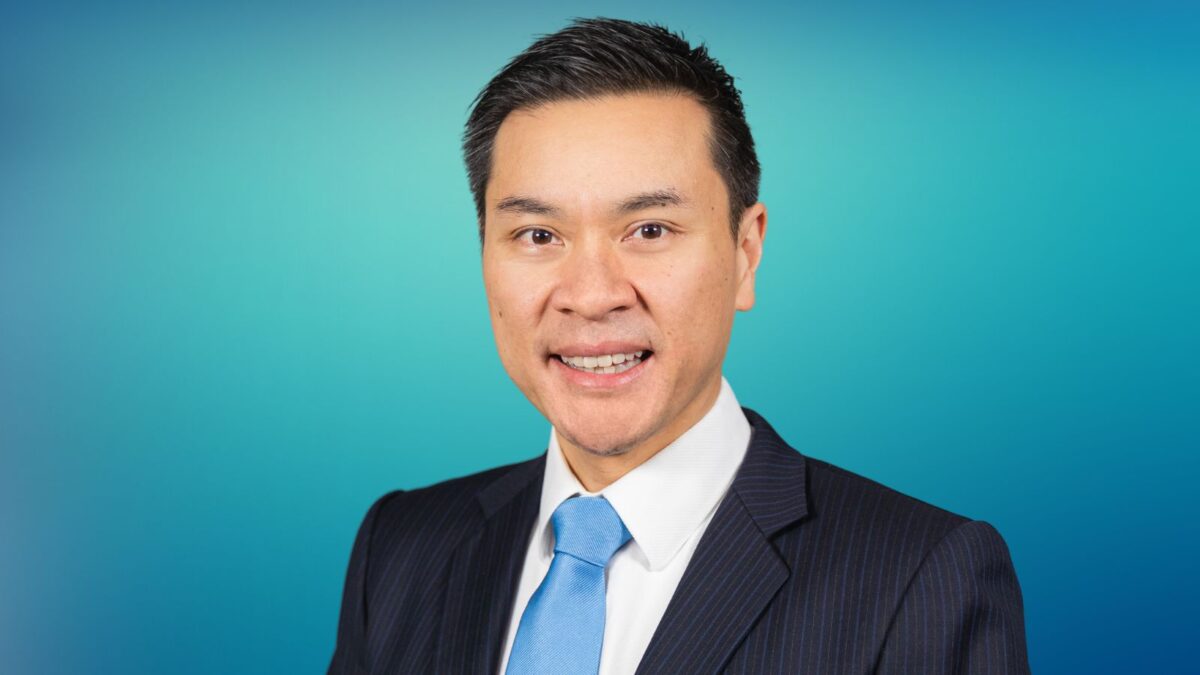Untouched Paradice: funds chase emerging markets growth
Recently hitting its two-year anniversary, Paradice Investment Management’s emerging markets strategy has been on a “rollercoaster ride”.
Co-portfolio managers Edward Su and Michael Roberge have spent the last two years navigating the frenzied market volatility of covid-19, the fallout of mass protests in Hong Kong, and trade wars with China as they pursue opportunities in this lucrative but underappreciated region.
“In EM (emerging markets), you cannot paint with a broad brush,” Su told this masthead in an interview from Paradice’s San Francisco office. “There are 27 different countries in emerging markets, and they’re all in different stages of their lifecycle, have different geopolitical issues, have different election cycles, different deficit levels. You can’t completely disaggregate yourself from macro and focus only on bottom-up investing.”

Institutional investors have become more interested in deploying capital to EM in recent years as their rapidly growing middle-classes present an unprecedented growth proposition but have historically held off due to sub-par returns and/or volatility.
Active management can be a boon in this area, and big funds began approaching founder David Paradice in 2016 in search of strong EM managers. That led to the hire of Su and Roberge from US-based Artisan Partners, where they were supporting the Developing World Strategy.
Both Su and Roberge saw the job as an opportunity to build out their own franchise, and they were further emboldened by two large super funds and a government fund jumping onboard in 2019.
“It was an opportunity for us to bet on ourselves,” Su said. “It was too good of an opportunity for us to pass up. In addition, Paradice’s relationships and partnerships they’ve built up over the years meant there was pretty strong potential that we’d be able to get some early support from institutional clients from day one and that was pretty attractive to Mike and I.”
Su said: “Our approach to investing in EM is focused on really isolating the domestic demand opportunity, participating in that rising consumer story in EM as opposed to the more cyclical export driven opportunities, commodities focused business models, and older models like banks and SOEs that have historically dominated the EM class…
“Inherent in our philosophy and our strategy has been a constant of managing risk at the holistic level and we’ve always tried to be more protective on the down side. That’s where we’ve been able to add value.”
Su believes it’s still too short of a timeframe to draw any strong conclusions, but the fund has performed strongly (adding annualised alpha of 8.90 per cent since its May 15, 2019 inception) and its baptism of fire over the last two years has proved that they’re equipped to deal with periods of extreme volatility.
But Su concedes that they’ve been “too conservative” in some areas, particularly incubators, where they’ve looked for “too much certainty” in businesses models that are inherently uncertain but which have strong option value.
“It was a business model we looked at where we felt it was too hard of a call to make and we wound up sitting out of it, even though it was a really big opportunity,” Su said.
“The better approach is to recognise what the end opportunity is, and how strong the business model is to be able to achieve that, and then manage the risk through position sizing. Going back, I wish we wouldn’t have passed on some of these incubators.”
While the portfolio has a 36 per cent weighting towards China, there is a growing view among some global asset managers that China no longer easily fits into EM strategies – a view that will likely become more popular with the advent of “China 2025”, a strategy that aims to turn what has historically been an economy focused on the manufacture and export of cheap goods into a high-quality technology-intensive powerhouse in order to escape the dreaded ‘middle-income trap’ that has kneecapped the development of countries like South Africa and Brazil.
Su believes that Korea and Taiwan are more likely to be reclassified as developed countries in the near-term – Paradice already mostly views them as such, and is underweight those two geographies – and that China has “many more years to go”.
He said: “China is at roughly $10,000 per capita income and still has a wide disparity of lower income people, so I think there’s still going to be some number of years before we see them make that leap. But definitely down the road it’s very likely that they will end up emerging and becoming one of the two global powerhouses.”
A portfolio weighted so heavily towards China means dealing with the sovereign risk associated with it. The Chinese Government has recently launched a crackdown on the fintech sector, ensnaring high-profile entrepreneurs such as Ant Group’s Jack Ma as it attempts to regulate what is seen domestically as a “Wild West” market.
Roberge concedes that policy can turn sharply and harshly against particular sectors and can be “quite punitive”, and that the only way to avoid that “ever present” risk is to stay on the right side of it.
“It’s short-term pain for long-term gain. Their regulatory campaigns over the last couple of decades have caused significant short-term pain for the industries that they’re targeting – they try and tame sectors they view as getting out of control,” he says.
“Maybe too much capital is flowing in, maybe they’re getting too exuberant. But they’re not trying to undermine long-term productivity, they’re trying to sustain it…what we see is some of these moves can pave the way for more sustainable long-term growth.”
While the wider EMs were some of the hardest hit by covid-19, the amount of stimulus unleashed by the United States and other countries could also provide a strong tailwind for the region by creating downward pressure on the US dollar over the medium- to long-term.
“A lot of these countries have foreign denominated debt that becomes easier to repay when the dollar is depreciating versus their own currency,” Roberge said. “The issue that we may face if the dollar were to depreciate is if it were to trigger early rate hikes in the US, which could have some negative implications as other EM countries are forced to follow the Fed and hike before their countries are ready for higher interest rates.”










